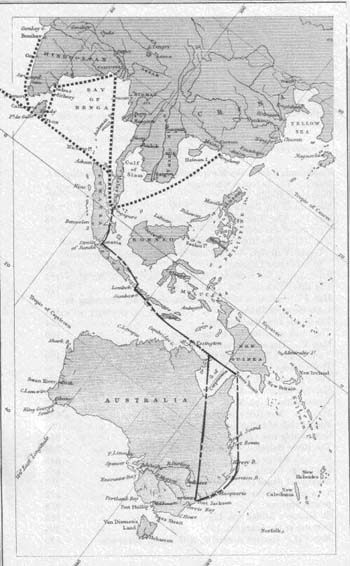Culture and Consumption: Classical Music in Contemporary India and the Diaspora
Main Article Content
Abstract
artifacts. The present paper is an attempt to push the story in time and space – and is more in the nature of an agenda for future research and hopes thereby to link up the consumption and representation of the performing arts with the cultural landscape of globalization and the diaspora. I will, in fact, try and see how the assumptions and dynamics of the brave new world of global culture and cosmopolitanism, of diasporic
imaginings and subjectivities interfaced with Nationalism to produce a complex paradigm for the representation and consumption of culture, and wherein the tropes of ‘tradition’ and ‘modernity’ assumed a new inflection.
Article Details
Issue
Section
References
Allen, Matthew Harp (1997) 'Rewriting the script for South Indian dance', The Drama Review 41(3):63-100. https://doi.org/10.2307/1146609
Allen, Matthew Harp (1998) 'Tales Tunes tell Deepening the Dialogue between "classical" and "Non Classical" in the Music of India', Yearbook for Traditional Music Vol.30: 22-52. https://doi.org/10.2307/768552
Appadurai, Arjun (1990) "Disjuncture and Difference in the Global Cultural Economy", Theory, Culture and Society (7) Sage, London.
Ayyangar, Rangaramanuja (1977) Musings of a musician.Recent Trends in Carnatic Music. Wilco Publishing House, Bombay.
Bakhle, Janaki (2005) Two men and music Nationalism in the Making of an Indian classical tradition. Permanent Black, Delhi. https://doi.org/10.1093/acprof:oso/9780195166101.001.0001
Chatterjee, Partha (2000) "Two Poets and death. On Civil Society in the Non-Christian World" in Timothy Mitchell (ed.) Questions of Modernity. University of Minneapolis, Minnesota Press.
Connors, Michael Kelly (2004) "Democracy and Nationalism in Thailand", Journal of Contemporary Asia, Vol. 34 (2):273-277.
Getter, Joseph M. (1998) Saraswati's Journey. South Indian Karnatak Music in the United States, MA Thesis, Available online at: http://jgetter.web.wesleyan.edu/thesis.html
Jackson, William (1994) Tyagaraja and the renewal of Tradition Translations and Reflections.Motilal Banarsidass, Delhi.
Myers, Helen (1998) Music of Hindu Trinidad Songs from the Indian Diaspora, Chicago.
Shukla, Sandhya (2003) India Abroad: Diasporic Cultures of Post War America and England. Princeton University Press.
Subramaniam, Lakshmi (2004) "Contesting the Classical: The Tamil Isai Iyakkam and the politics of Custodianship", Asian Journal of Social Sciences 32(1): 66-90. https://doi.org/10.1163/156853104323018316
Subramaniam, Lakshmi (2006) From the Tanjore Court to the Madras Music academy: A social history of music in south India, Oxford Uinversity Press, Delhi.
Subramaniam, Lakshmi (2006) From the Tanjore Court to the Madras Music Academy Oxford University Press. Delhi.
The Hindu speaks on Music (1999) Hindu Publications Madras.
Viswanathan, T. (1998) The Hindu, January 4.
Viswanathan T. & Allen, Matthew (2004) Music in South India: Experiencing Music, Expressing Culture. Oxford University Press. New Delhi.
Weidman, Amanda (2006) Singing the Classical, Voicing the Modern The Post Colonial Politics of Music in South India. Duke University Press. https://doi.org/10.1215/9780822388050
